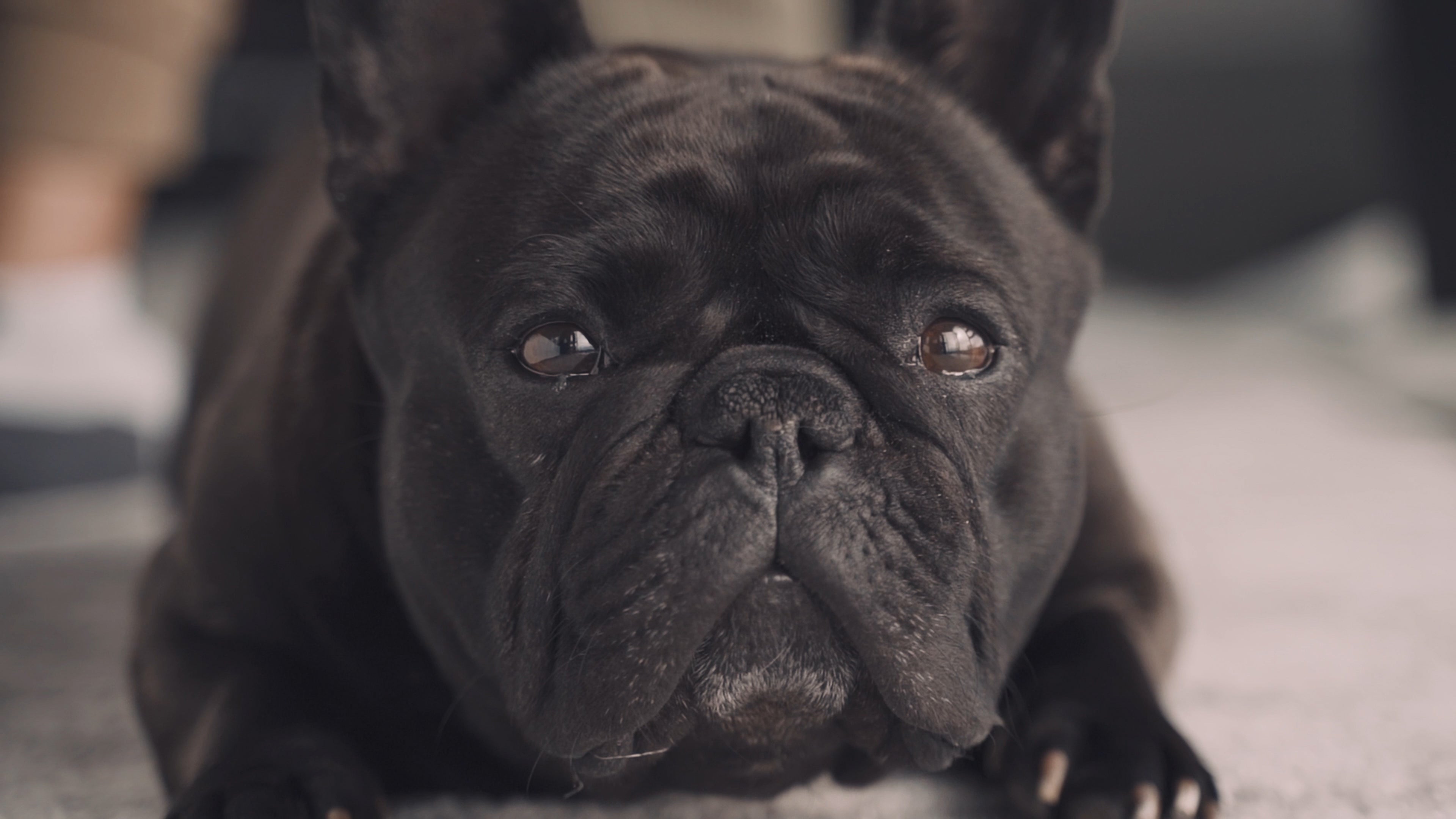
Are Scent Diffusers Safe for Cats and Dogs? 3 Risks and Solutions
So you’ve developed a love for essential oils or aroma oils, but now you’re wondering whether it’s safe to diffuse your favorite scents around your pets. There’s been a lot of discussion about whether scent diffusers are safe for cats and dogs, but if you try to find an answer online, you can easily spend hours jumping from source to source. To make things simple, we wanted to write an article that directly answers whether scent diffusers are safe for pets.
The truth is that while there are some risks in the realm of pets and essential oils, a few simple solutions and precautions make nearly all of these risks preventable. Most problems caused by essential oils result from low quality oils, low quality diffusers, and improper use of the oils themselves. Lastly, problems can result from using some essential oils that cats and dogs simply do not tolerate well. We reveal these specific oils below.
We’ll now take a closer look at a few of these common risks, as well as the simple solutions to prevent them. One final note before we begin, however, is that it’s always wise to consult with a veterinarian if you’re unsure about anything related to essential oils and pets. Remember: when in doubt - just ask!
Essential Oils and Pets: 3 Common Risks and Simple Solutions
Overwhelming Scent
Many people use essential oils to improve their own health, as well as the overall atmosphere of their home or business. However, it’s important to remember dogs and cats are much more sensitive to smell than humans are. This means that even if your scent smells mild to you, it’s possible that it could be overwhelming to your pet.
If you’re worried about this, the simplest solution is to use your diffuser in an area your pet cannot access. You can also double check with your veterinarian that the specific scents you’re diffusing are okay for your dog or cat. Another solution would be to upgrade to a higher quality diffuser; one that allows you to control the fragrance level or scent output. This way you can ensure you’re scenting at an appropriate intensity for your furry friends.
Direct Contact
The main essential oil health risks for pets come from direct contact (licking, absorbing into skin and fur, etc) with the oil itself. Direct contact of essential oils onto an animal’s skin can result in chemical burns. If an oil spills, and a pet licks it up, similar issues can result.
If your pet gets oil directly on its skin or fur, wash it off immediately with soap. If your pet has licked or consumed essential oils directly, or starts exhibiting reactions, you should bring it to a veterinarian as soon as possible. Essential oils should be kept out of reach of your pets at all times, and shouldn’t be left unattended. Lastly: you should never directly apply essential oils to your pet without consulting a veterinarian first.
Using Essential Oils That are Toxic to Dogs and Cats
While we’ve taken great care to provide the simple solutions above, the fact remains that there are some specific essential oils that simply should not be diffused around cats and dogs.
Essential oils that may be toxic to dogs and cats include:
- Eucalyptus Oil
- Tea Tree Oil
- Cinnamon
- Citrus
- Pennyroyal
- Peppermint
- Pine
- Sweet birch
- Wintergreen
- Ylang ylang
The Safest Way to Diffuse Your Oils
As mentioned above, the safest way to diffuse oils with pets is to choose a high quality diffuser that allows you to control fragrance intensity, so as not to overwhelm your dog or cat. Many of our cold-air diffusers feature fragrance control. Our Aromini and Aromini BT models both even allow you to start and stop diffusion on your phone via bluetooth.
Another way to ensure safety is to exclusively use pure aroma oils. Many cheap essential oils on the market contain additives or fillers. In contrast, we at AromaTech create essential and aroma oil blends from safe and renewable sources that contain no harmful additives or chemicals. Our oils feature only 100% naturally derived ingredients for maximum benefits.
Lastly, do your best to avoid the problematic essential oils listed above, opting instead for oils that your veterinarian recommends, or ones that have been confirmed to be mild, calming and unproblematic (lavender, for example).
While there are a few small risks to using essential oils around your pets, hopefully it’s now clear that they can be mitigated by incorporating the simple steps above. Opt for a diffuser that allows you to control fragrance intensity, perhaps even using it in a room without your pet in it if you’re particularly concerned. Opt as well for high quality, all natural oils known to be safe, and avoid the ones listed above that may be problematic for animals. Never apply oils directly to your pet without consulting a veterinarian. Following these steps, you and your pets can enjoy the many benefits of essential oils with the utmost safely.
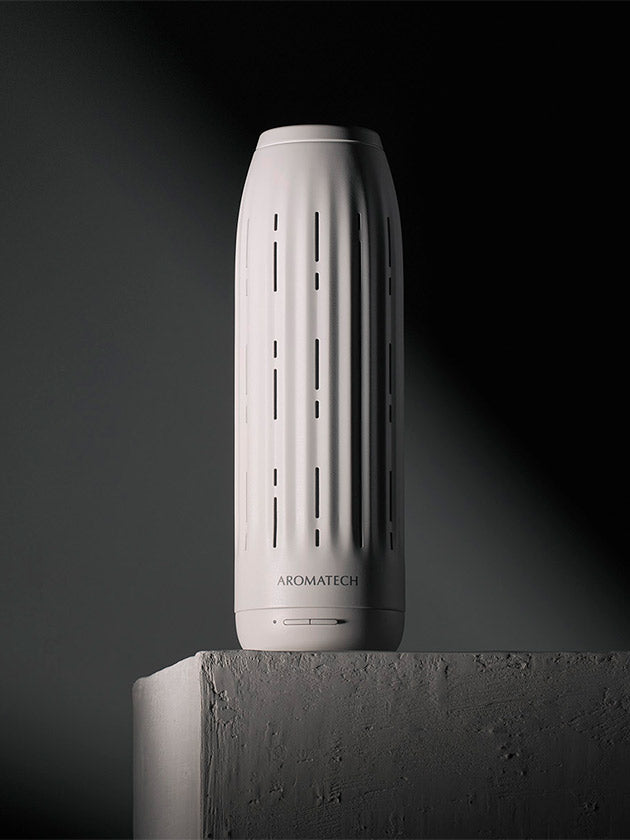
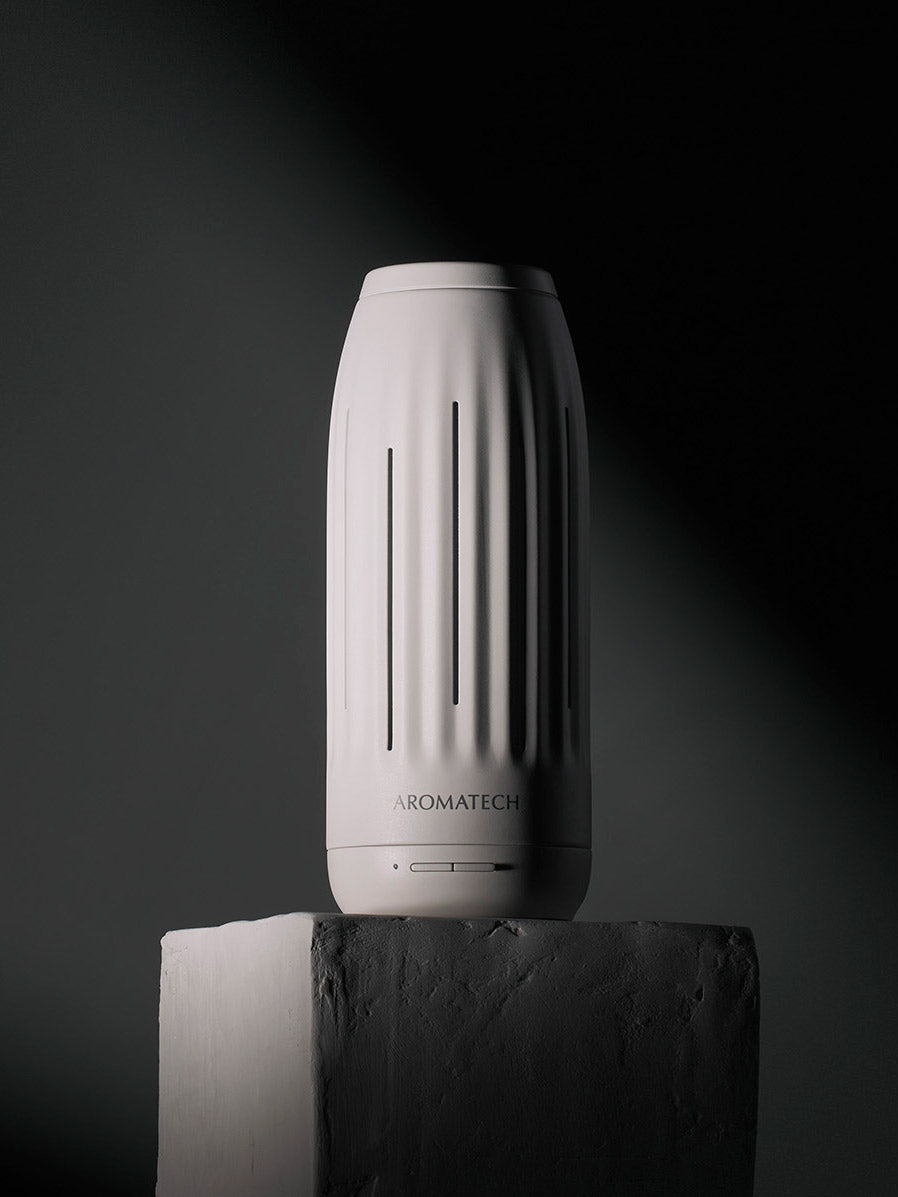
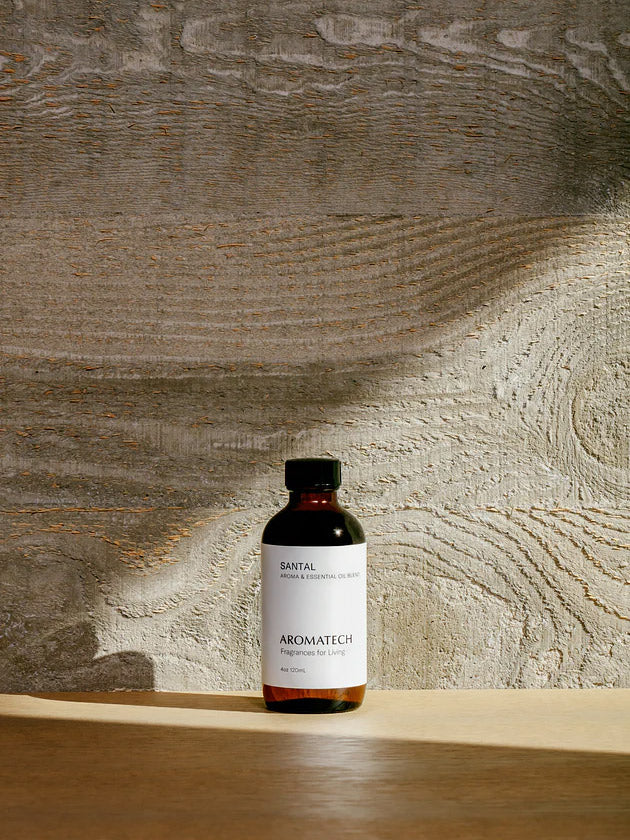
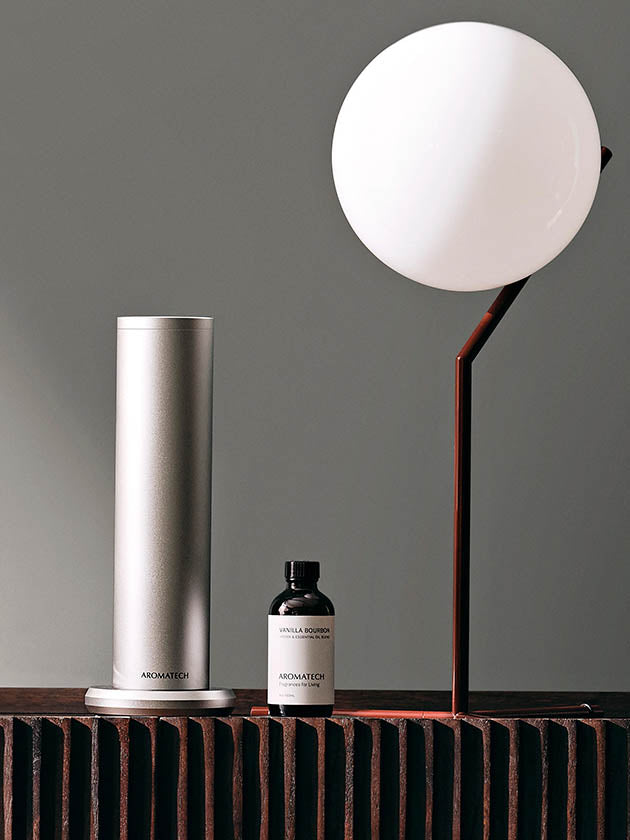
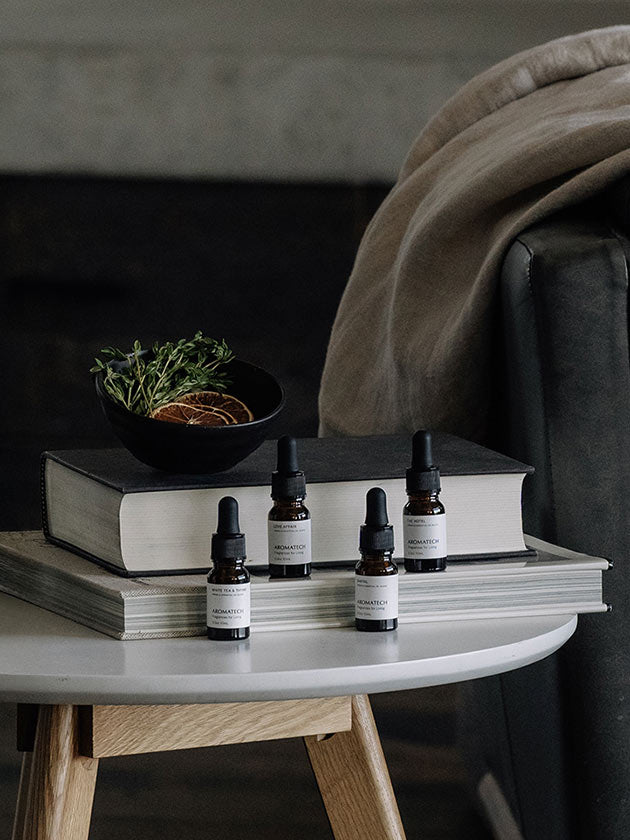
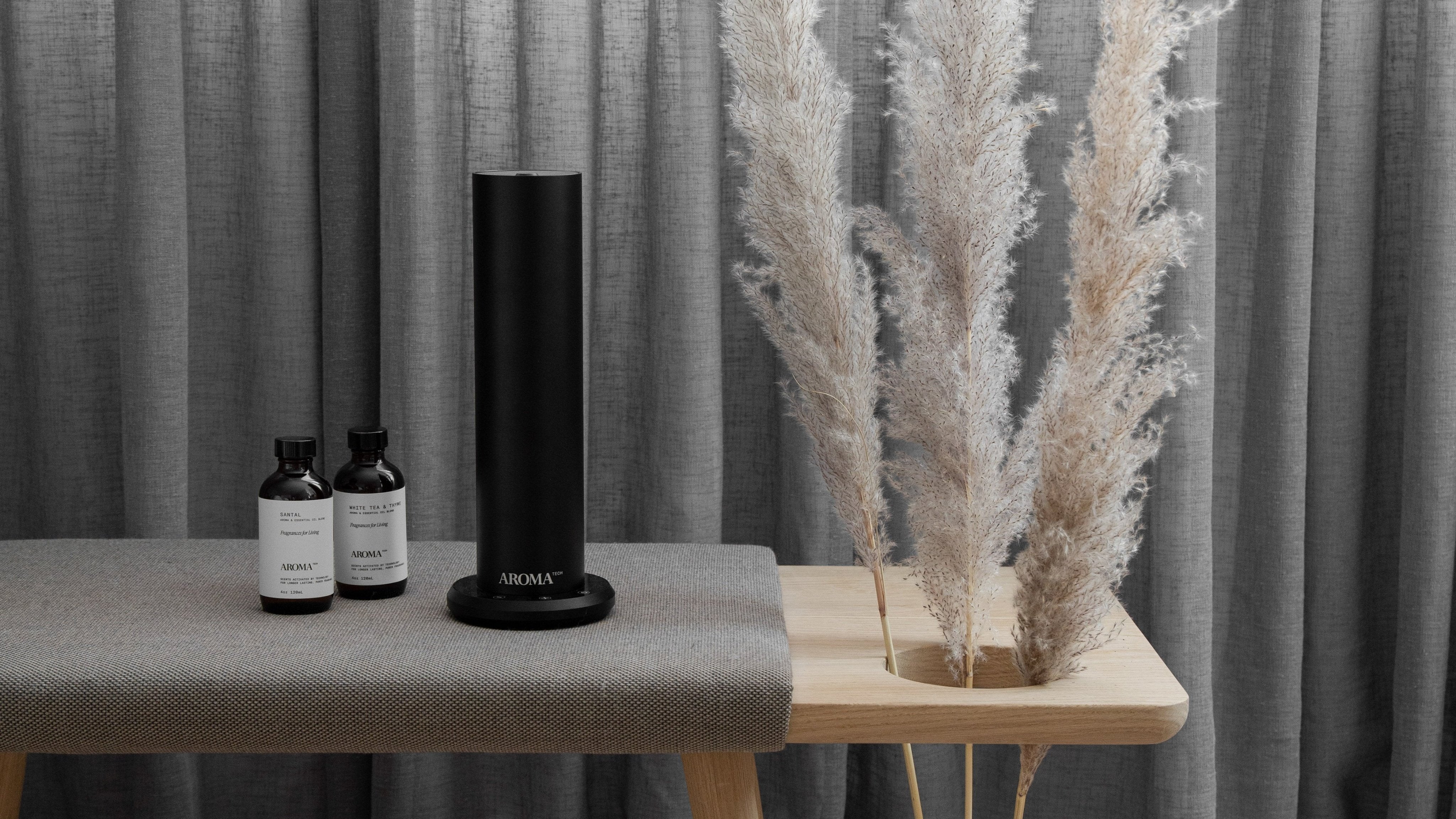


Leave a comment
This site is protected by hCaptcha and the hCaptcha Privacy Policy and Terms of Service apply.